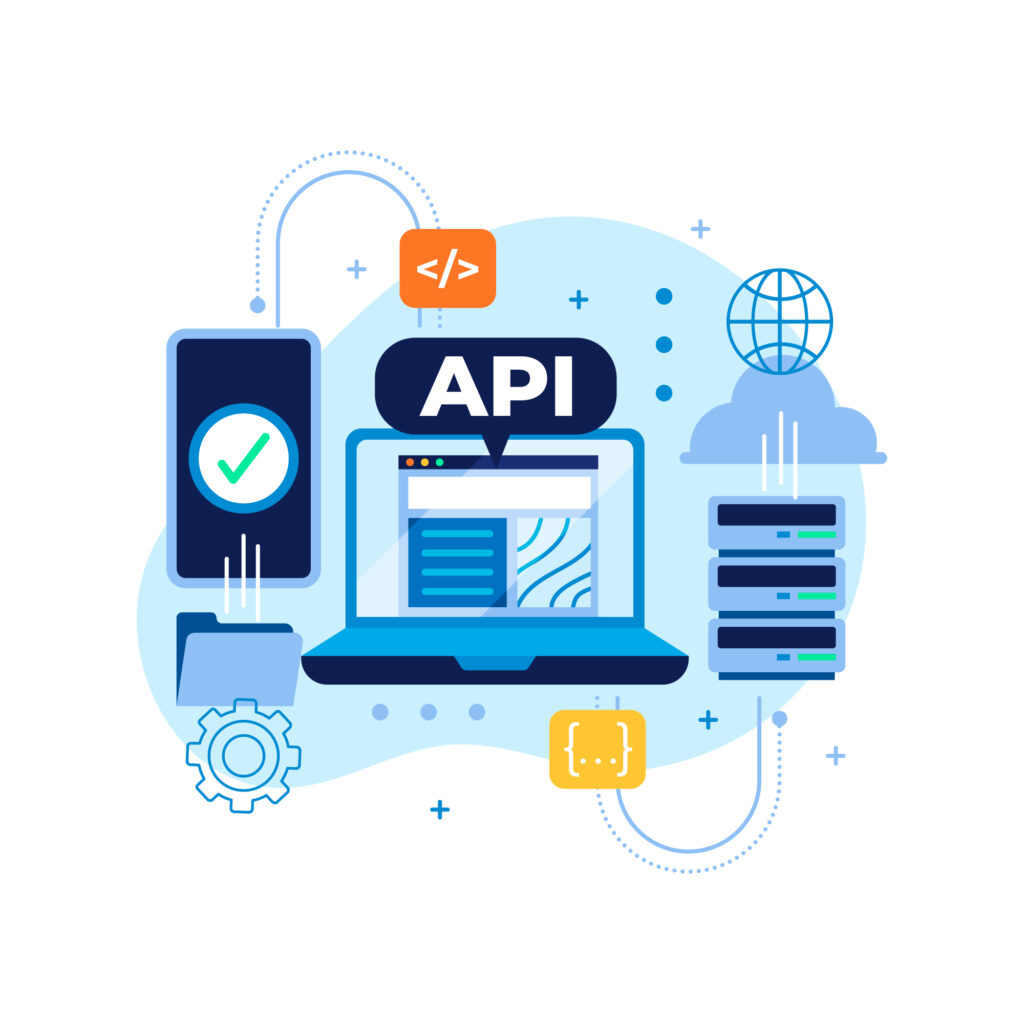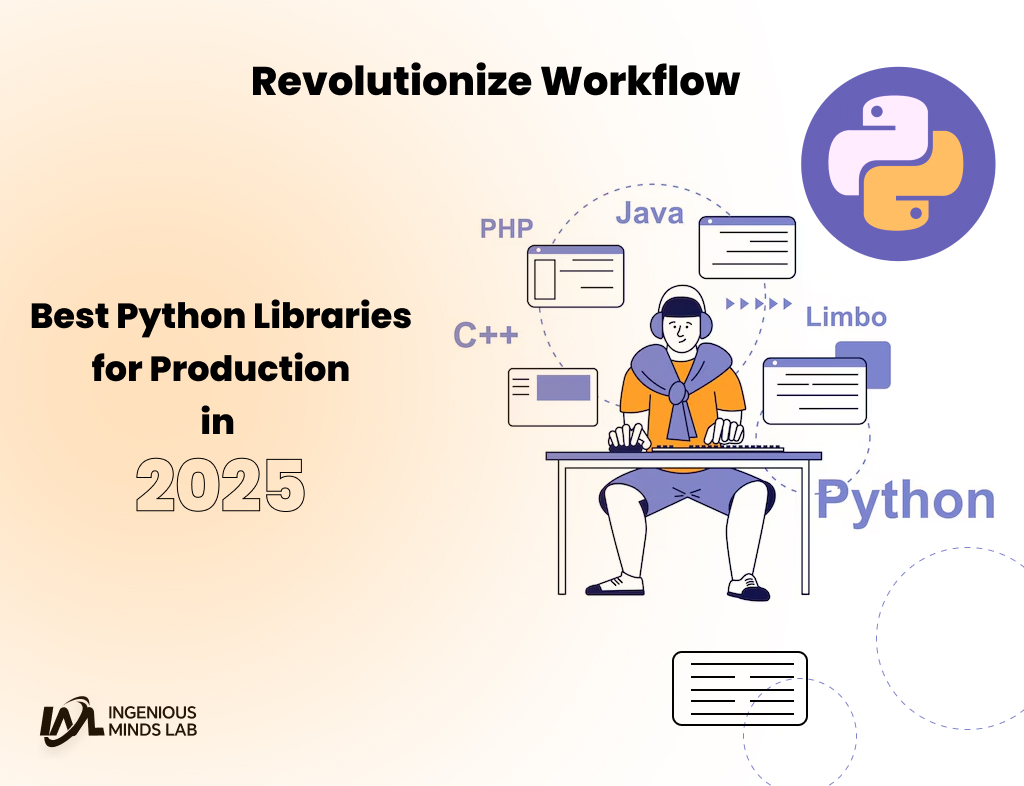Introduction
Python continues to reign supreme in the world of machine learning and data science. In 2025, developers are leveraging powerful, optimized libraries that handle everything from data loading and cleaning to model deployment and monitoring. This blog covers the most impactful Python tools every ML practitioner should know to go from raw data to a production pipeline efficiently.
1. FastAPI

Why it matters: FastAPI is now the go-to framework for serving ML models as APIs. It’s asynchronous, blazing fast, and generates Swagger UI automatically.
Key Features:
- Async support with
async def - Automatic docs via OpenAPI
- Dependency injection for cleaner code
Code Snippet:
from fastapi import FastAPI
app = FastAPI()
@app.get("/predict")
def predict():
return {"result": model.predict(input_data)}2. Polars
Why it matters: Polars is overtaking Pandas for large-scale data manipulation. It’s written in Rust, multi-threaded, and memory efficient.
Use Cases:
- Big data preprocessing
- Grouped aggregations, joins
Benchmark: Polars is 5–10x faster than Pandas in many operations and is ideal for modern ML pipelines.
3. PyCaret
Why it matters: PyCaret is a low-code library that accelerates model training and comparison.
Features:
- Classification, regression, clustering with minimal code
- Model comparison, tuning, and ensembling
Example:
from pycaret.classification import *
setup(data, target='label')
best = compare_models()4. PyTorch Lightning
Why it matters: Makes PyTorch code scalable, reproducible, and clean by abstracting boilerplate.
Key Features:
- Built-in support for GPUs and distributed training
- Structured training loop and logging
Example:
class LitModel(pl.LightningModule):
def training_step(self, batch, batch_idx):
...5. Prefect / Dagster
Why it matters: These tools orchestrate complex ML and data pipelines with better visibility than Airflow.
Comparison:
| Feature | Prefect | Dagster |
|---|---|---|
| UI | Clean, minimal | Graph-based |
| Dynamic tasks | Yes | Yes |
| ML integration | Great | Excellent |
6. Optuna
Why it matters: Automates hyperparameter tuning with powerful search algorithms.
Example:
study = optuna.create_study()
study.optimize(objective, n_trials=100)7. Streamlit
Why it matters: Build and share ML dashboards in minutes.
Use Cases:
- Model demos
- Exploratory dashboards
Example:
import streamlit as st
st.title("Model Inference")
st.write(model.predict(user_input))8. Evidently AI
Why it matters: MLOps tool for tracking drift, bias, and performance.
Features:
- Monitors data quality
- Generates model reports
Use Case: Use it with batch or real-time inference to stay aware of ML health.
9. DuckDB
Why it matters: Modern in-process SQL engine for analytics. Replaces SQLite in data-centric ML apps.
Use Cases:
- Analytical queries
- Feature engineering from tabular data
Example:
import duckdb
duckdb.query("SELECT avg(sales) FROM data")Conclusion & CTA
Python’s ecosystem for ML in 2025 is stronger than ever. From blazing fast data handling with Polars to real-time model serving via FastAPI, there’s a tool for every stage in the ML lifecycle. Embrace these libraries to accelerate your development and scale projects with confidence.
Ready to build? Try combining FastAPI, PyCaret, and Streamlit to prototype your next ML system!
- https://ingeniousmindslab.com/blogs/the-future-of-artificial-intelligence-trends-opportunities-challenges-ahead/
- https://ingeniousmindslab.com/blogs/machine-learning-in-2025-what-the-future-holds/
FAQs
Q: Which Python library is best for fast dataframes?
Polars beats Pandas in performance and memory handling.
Q: Can I use Streamlit for production dashboards?
Yes, with proper authentication and deployment setup.
Q: Is PyCaret still active in 2025?
Yes, and it’s getting better with new integrations.
Q: Is FastAPI faster than Flask?
Yes—FastAPI uses ASGI and is built for high concurrency.
Q: When to use DuckDB over SQLite?
Use DuckDB for analytical workflows and large in-memory datasets.
